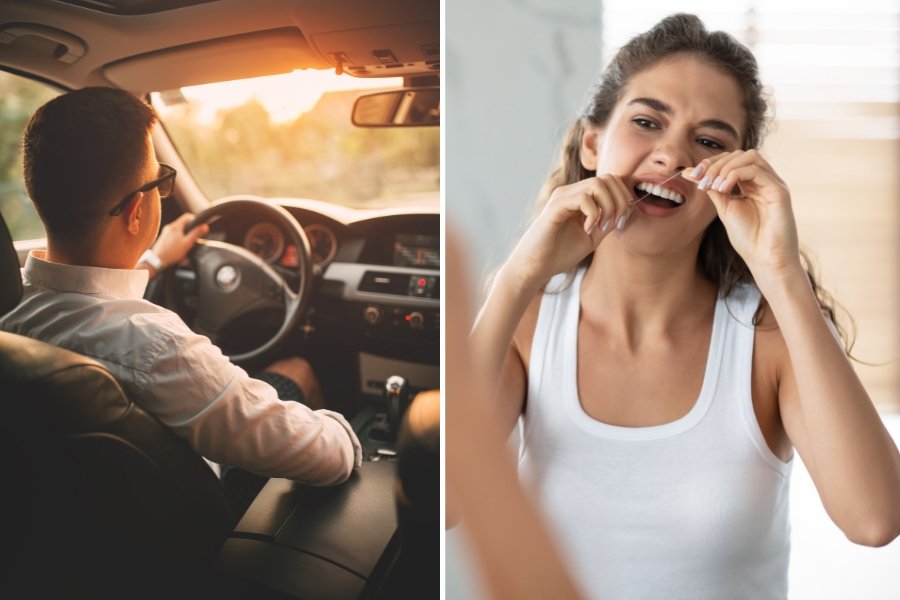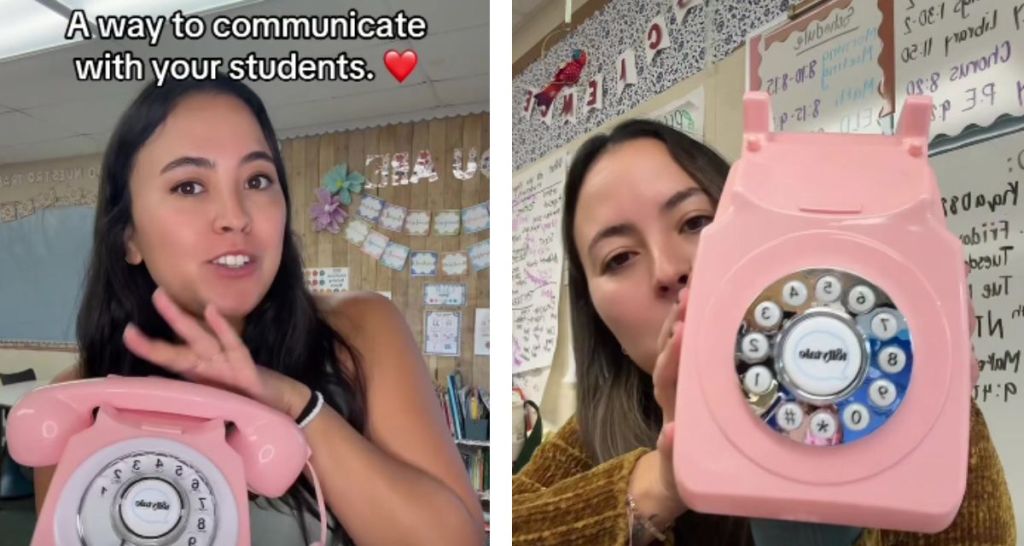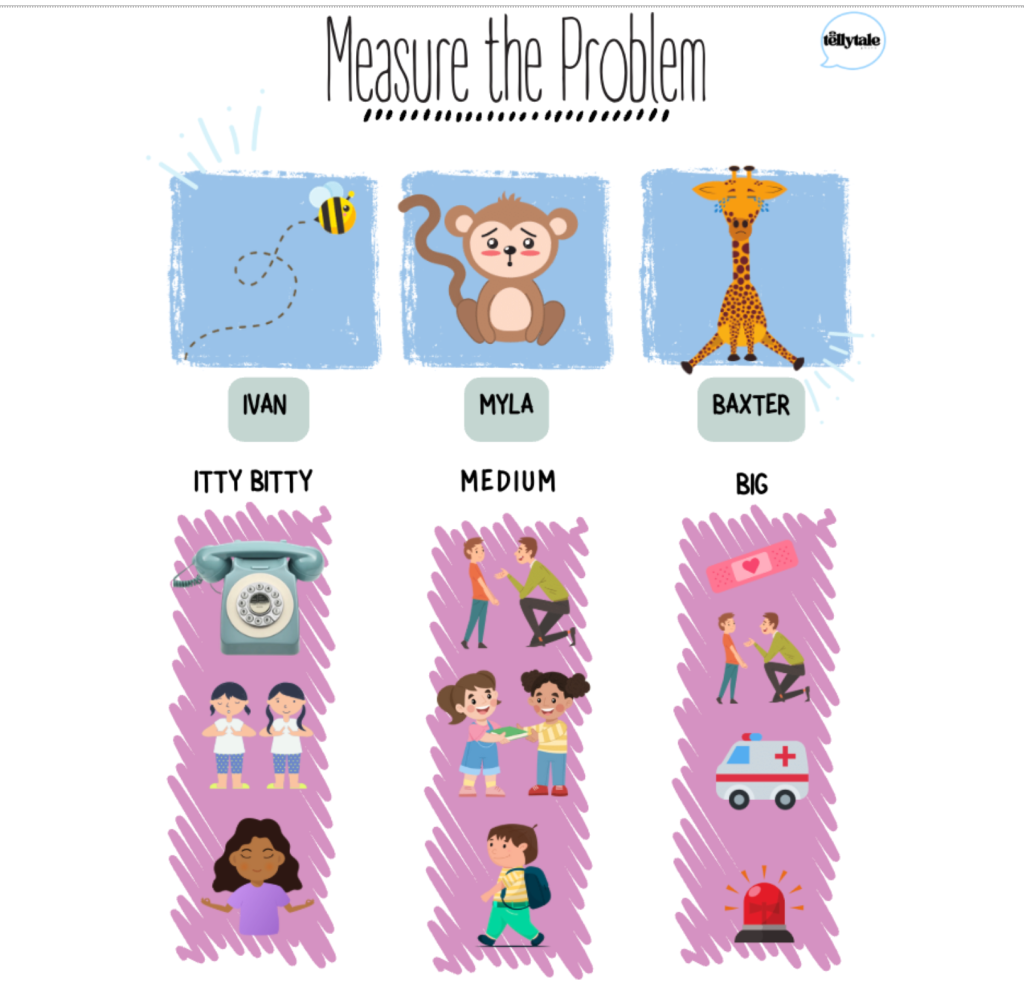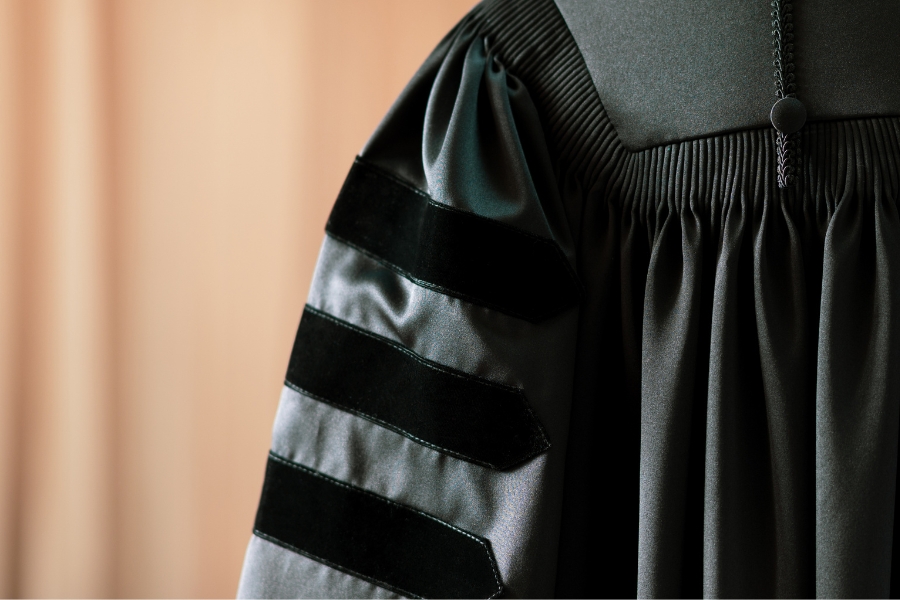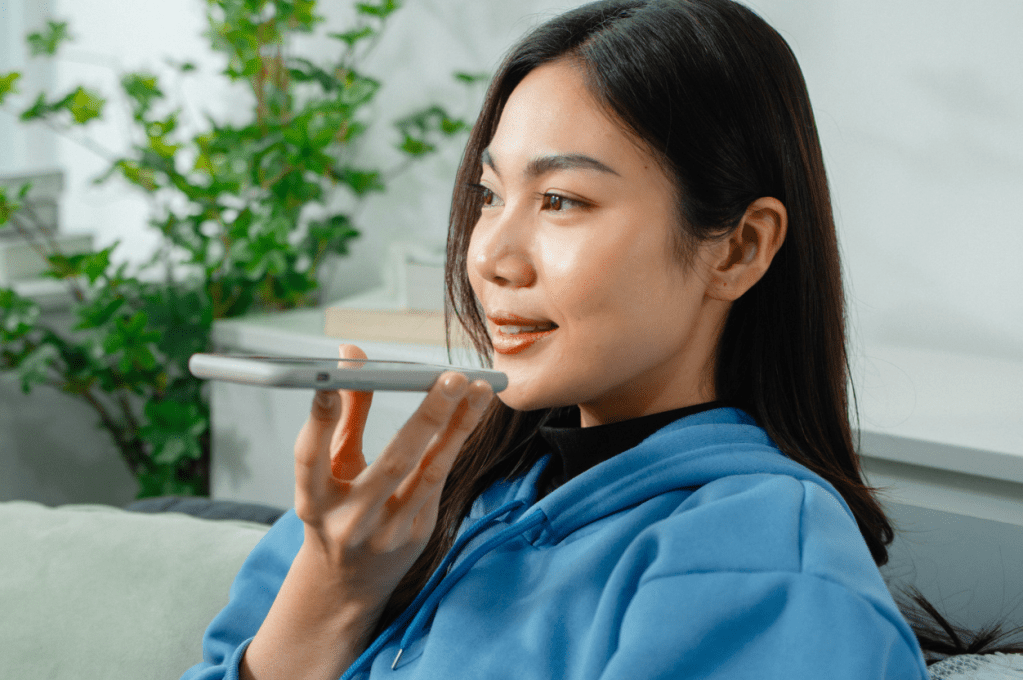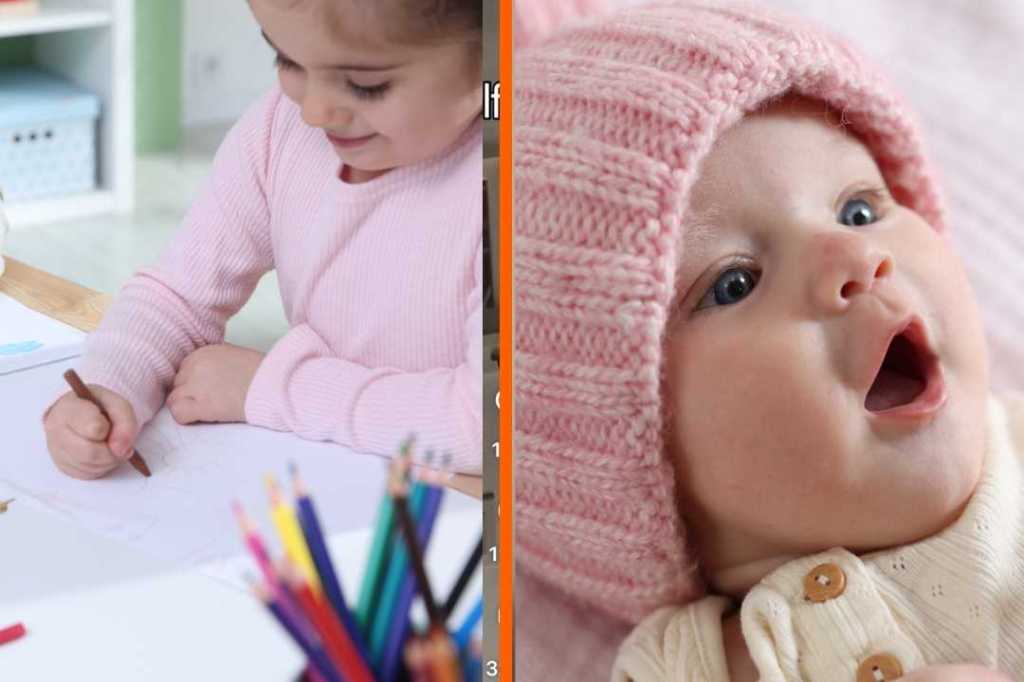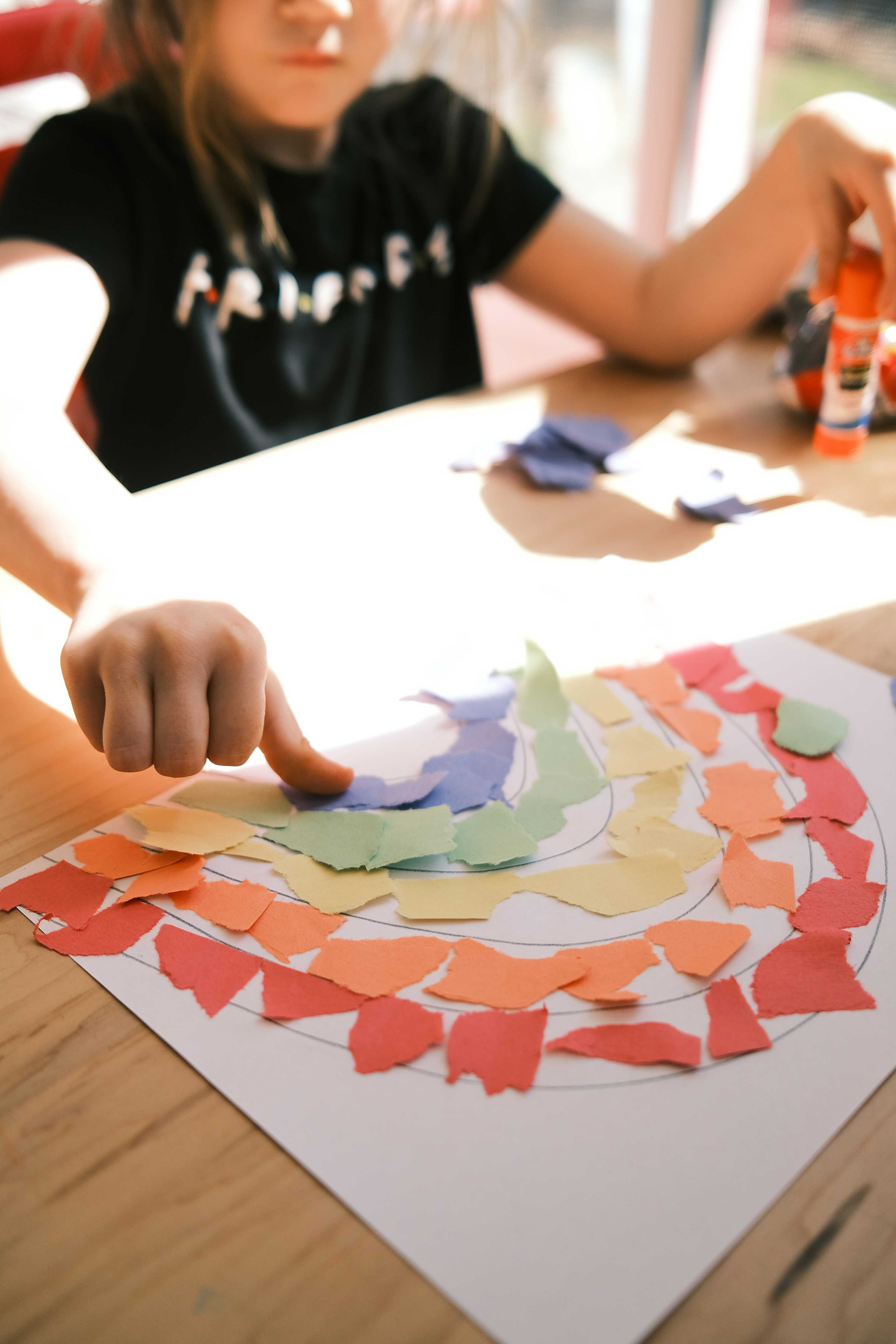No matter how the economy is doing at any given time, people are always looking for ways to save money. Rents go up. Job losses happen. Kids need braces. Retirement looms.
Financial advice often focuses on where to put your money for the best returns, but that advice is only helpful if you have extra money to save or invest. Money-saving tips can help free up some cash to save or invest, and they can also help you avoid having to put borrow money or use credit for things you can’t immediately afford.
While some people understandably scoff at frugal tips like “eat less avocado toast”—as if saving a few bucks here and there will solve the housing crisis or make college affordable—there is something to be said for small amounts adding up. For instance, not buying a soda when you’re eating out to save $4 may not seem like much, but if you did that once a week, you’d save over $200 in a year. Not a fortune, but nothing to sneeze at either.
And if you start combining lots of small money-saving habits like that, you may be surprised at what a difference it makes. Here are nine super simple ways people can save money—but often don’t—from users on Reddit:
Take good care of your teeth
“An ounce of prevention’s worth a pound of cure,” as the saying goes. Toothbrushes and dental floss are cheap. Cavities, root canals and gum disease are wicked expensive. Good oral hygiene may not be the first thing you think of when it comes to saving money, but ask anyone who has neglected their teeth how much it has cost them in the long run.
“Take care of your teeth: brush and floss everyday – preventative care now will save you THOUSANDS later if you need major dental work!
“Yup. This is often overlooked advice. My mom had lost most of her teeth by the time she was my age (40). She always said that this was her biggest regret in life. Because of this, my siblings and I have always been pretty good about taking care of our teeth. Right now my mom has dentures that don’t fit well because she lost another of her remaining teeth but can’t afford new dentures.”
“As someone who has paid a thousand and will pay many thousands more in the near future…yes. Take care of your teeth.”
“Can confirm! Just spent 20,000 on my teeth. Talk about eye opening!!!”
Only drink water
Drinks are expensive, and not just fancy ones. A basic soda will set you back $3 or $4 minimum at most restaurants, and everything else goes up from there. Water is free. Even at home, you can save a lot by simply drinking water. It’s a simple rule that helps improve the health of your body as well as your bank account.
“Drink water at restaurants and not soda.”
“Only drink water. Not only will you save money, but your body will love you for this as well. Winwin.”
“Water is my biggy. Don’t drink soda period. Filtered at home. Doing this for 5 years and seriously tastes so good.”
“Yep. Just take a look at what restaurants charge for a soda. It’s usually around $3 now. Then, look at how many empty calories are in a 20 oz soda. It’s basically 10% of your daily value on just one drink. Not worth it.”
“If I learned anything in the military… drinking more water solves 99% of all problems.”
Use the library (not just for books)
Free reading material? No brainer. But libraries have so many more free services that people often don’t know about. From movies to language learning apps to artwork and tools you can check out, the range of things you can get from the library is wild. Definitely worth checking out your local public library’s offerings if you haven’t lately.
“Make use of free services. Mostly, the local library. Sometimes there’s a feeling that just because it’s free it’s trashy or peasant-like. I don’t need to pay to see something in order to feel good about it. And libraries are amazing! Free books! Audio books! So many things.”
“My library has tools and equipment available to borrow. Before going to big orange to rent a pressure washer, floor sander, paint sprayer, or post auger, I always check the library first lol”
“Public libraries are a gold mine for (almost) free. Ask them about their other options (than books, movies, music, etc.). Many libraries offer museum passes. I’ve heard of fishing poles. My library has a seed library.”
“Ours you can check out a sewing machine. Plus attend a free workshop to learn how to sew!”
Ditch DoorDash
I know. All of those food delivery services are so convenient. But they’re also soooo expensive. If you’re in money-saving mode, definitely avoid these services like the plague. Just pretend they don’t exist (because they literally didn’t until very recently).
“This. Your meal is easily 50% more expensive when you factor in delivery fees and a tip. and some restaurants charge more on door dash than they do in-person.”
“Delivery fee? That’s just the tip of it! Ever notice how there still is a bunch of extra fees on top even when they offer you the delivery fee for free?”
“And to make it worse, I tell myself that I have to order more food to justify the delivery fee! So now just paying more and overeating.”
“It really is an addictive habit. We started using it during the pandemic and it really just was a bit of convenience that we found hard to give up because it was so easy… Pick up your phone, order, get delivery, eat, done… Every time we saw the card, we knew that the delivery fees were what was pushing our eating out budget way over but after a hard day of work and school, it was easy to convince ourselves that delivery is a worthwhile indulgence and the expenses add up real quick. It took us a lot of introspection and telling ourselves that we were ‘sacrificing’ for the future, and all that to stop ordering via delivery apps and within a couple of months, we saw us being closer to managing our budget.”
Drop addictive substances
Addiction is a huge and tricky challenge, for sure, and I don’t want to minimize how difficult this tip might be for some. But drinking, drugs, smoking, vaping, gambling—they all cost a lot of money. And the addictive nature of them means that you’ll just keep spending more and more.
“Quit addictive habits: Smoking, drinking, coffee, weed, etc. They’re all expensive and you’d save a bundle quitting. But people don’t because they think those things make life better. Some do and some don’t, but the monetary savings can’t be discounted. If you’re broke, don’t smoke or drink. Some people truly need weed for health problems. But nobody needs the others.”
“Stop drinking and smoking, the government punishes you with a sin tax and makes big time bank of your vices.”
“Seems obvious but quitting smoking. I see so many people complain about being broke but spend hundreds a month on ciggs.”
“Stop drinking, smoking and going out so often. You’d be surprised how good sobriety feels! Even if you continue, just slow down!”
Say no to storage
Most of us have too much stuff. There is an entire industry around trying to help people pare down and “declutter,” and there’s an entire industry dedicated to renting people space to store their excess stuff. Making a rule to only hold onto the belongings that actually fit in your home will save you a lot of money in storage.
“More prevalent in the US, but get rid of your storage unit and most of the stuff in it. More often than not, you’re paying more to store things that it would cost to buy it all again. If you can’t fit it in your home, re-evaluate if you really need it.”
“There are so many huge storage unit buildings in my area and it makes no sense to me. How important can this stuff be if you can’t fit it in your home? I understand there are certain situations that require for a short term solution.”
“That was my goal for 2022, Took me a few Saturdays to go through everything but it was worth it. I’m having over $200 a month now.”
Cook at home a lot more
Even when inflation makes grocery prices uncomfortably high, it’s still almost always cheaper—often significantly so—to cook food at home compared to eating out. Yes, that even goes for fast food. There are a million videos and social media channels dedicated to cooking and recipes can be found for free all over the internet.
“Cook at home 98% of the month.”
“Cooking/meal prepping VS Eating out every night.”
“Batch cooking saves both time and money. Like you can spend 2 hours making meals for the rest of the week. Paying 8-15 dollars to eat out adds up very, very fast, if you do it regularly, to keep up with work or personal schedules.”
“Learn to cook what you like to eat.”
Drive the speed limit
This isn’t one people usually think about, but driving the speed limit saves you money in several ways. For one, it’s gas-efficient, and with the cost of gas in some places, it’s worth easing up on the gas pedal. Second, speeding tickets are expensive, plus they lead to higher insurance premiums.
“For those that don’t get this: driving the speed limit avoids citations but also saves you gas, extends oil life and tires some, extends brakes quite a bit, and just generally lowers the wear and tear on your vehicle.”
“This is so underrated, I don’t think enough people realize the extra cost of driving fast.”
“It also only gets you there maybe 1-2 min faster, at best. Hitting Traffic lights at the wrong time will ruin any gains made by speeding. And only if you don’t get caught. Get caught and get points on your license, a fee, and it delays you 20-30 minutes.”
“Your car insurance rates go up when you get tickets also. Get too many, and they may drop you.”
“My step-sister was saying she pays the city about $500 a month in speeding tickets and parking tickets. The real wild thing is she said it like its a normal thing everyone has to deal with, like she was shocked when we didn’t say ‘Well that’s
Fix things yourself
Many people never consider trying to fix something themselves, assuming that sort of thing is best left to the experts. But there are so many resources now with YouTube videos and such that can help walk you through a lot of fix-it projects that can save you boatloads. Not everything can be a DIY, of course, but probably more than you might think.
“I’ve saved thousands of dollars by repairing things myself following YouTube videos. Washer, dryer, automotive stuff, cell phone screen replacements, etc.”
“There is a website, repairclinic.com. They not only have tons of videos on how to fix stuff, but they also sell parts. I have a dryer that’s over 40 years old. I can’t get parts for it in regular stores. That website has been a lifesaver! I’ve been able to keep the thing going for the last decade and it works great! I’ve spent maybe $75 over the years to keep it running. Definitely cheaper than a new one.”
“If you tackle things within reason it saves a butt load of money. $350 mechanic bill turns into $16 part and 1hr of your time.”

